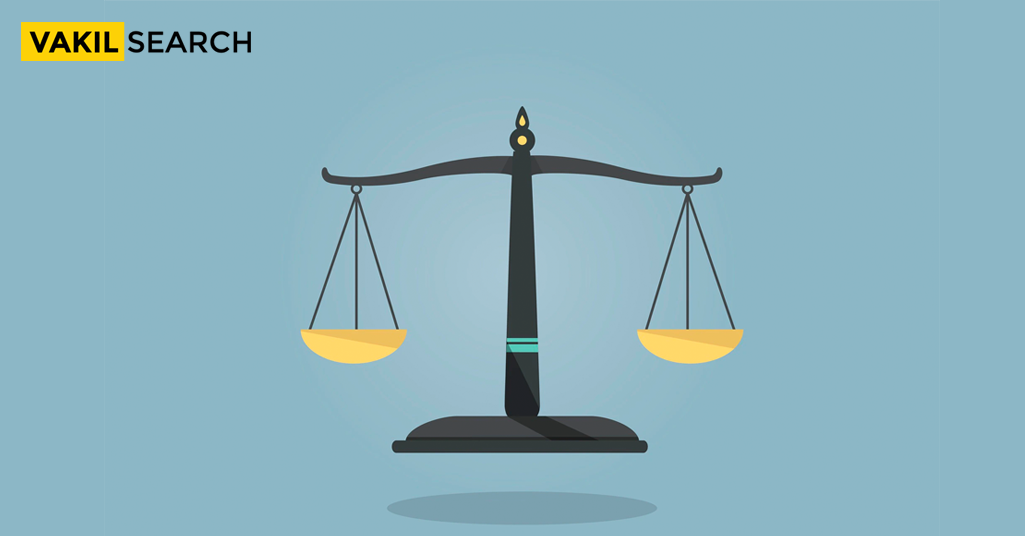A new set of guidelines is being drafted by the Indian Government to prevent misleading advertisements in the digital marketing sector. The claim made in advertisements may have to be verified by social media influencers and digital marketers. By September 18, 2020, the government is seeking feedback on compliance burdens for endorsers (including social media influencers).
Digital marketing in India has different legal issues than other business models. In India, electronic trading of medical drugs requires more stringent digital marketing and legal compliances than other forms of digital marketing. India inspects digital communication channels more aggressively than other digital marketing activities for healthcare products and drugs. A number of statutory, legislative, and regulatory measures are already in place to check online pharmacies that sell banned drugs in India.
To start digital marketing the following registrations are required,
LLP Registration or Company
While starting a digital marketing business it is good to have an LLP or Company to have limited liability protection and progress the ease of doing business. Having an LLP or Company would safeguard the opening of the bank accounts in the name of the business or acquiring a VAT or Service tax registrations are simple and fast.
Almost all the marketplaces allow Partnership firms and Proprietorships to sell on their website. If there is a case of litigation, there would be no limited liability protection. Hence, it is a safe side to start selling with an LLP or Company.
If the promoters wish to commence a proprietary digital marketing website, then it is better to start with a Company, as it is the only type of entity which allows for the angel funding or equity funding which is a must for the successful digital marketing businesses.
GST Registration
A GST registration is mandatory for becoming a seller on a digital marketing website or while commencing a proprietary digital marketing website. It is mandatory for businesses to register for GST, with a turnover of more than ₹ 20 lakhs (₹ 10 lakhs for northeastern states) annually. GST Registration can be done online by registering your business on the official GST portal and then scan and upload all the required documents.
Bank Account
Once the LLP or Company is incorporated, a bank account can be opened easily in the name of the business by contacting the Bank. In case of the Proprietorship firm, GST registration must be acquired first to open the bank account in the name of the business. The opening of the bank account is necessary to list on the digital marketing marketplace or acquire payment gateway for a proprietary digital marketing website.
Payment Gateway
A payment gateway would be necessary for a proprietary digital marketing website to process the customer payments. Payment gateway provides for the website to accept debit card, credit card internet banking, net banking payments from different banks and credit card companies. Therefore, one payment gateway is enough to accept many forms of online payments. After the payment is received from the customer, the payment is sent to the bank account of the business by the payment gateway in one or two business days.
In case of selling goods and products through the online marketplaces, then marketplace would accept the payment through their payment gateway and credit the money directly to the bank account of the seller. So, a payment gateway is not required and only a bank account is required in this case.
Legal Documents
While selling online, it is necessary to protect the business and the promoters of the business by making use of terms and conditions document and privacy policy. In case of a proprietary digital marketing website, the terms and conditions, privacy policy and the disclaimer should be drafted in the form of business based on the nature of its activities and good and products sold online.
If the business sells the goods and products through the online marketplaces, then the seller’s agreement or legal document is provided by the marketplace and the seller must stand by the seller’s agreement. It is necessary for all the sellers to read the sellers agreements before signing the agreement.
Deference to cyber law crimes
All digital marketing businesses must ensure cyber law due diligence in India. This increased when the cyber law due diligence for businesses in India has become very rigorous and foreign companies and websites are regularly prosecuted in India for non-exercise of the cyber due diligence. Furthermore, digital marketing businesses in India must ensure maintenance, privacy protection, data security, cyber security, confidentiality etc. as well. Such deference also needs to be noted with respect to payment gateways that the businesses opt for.
Other legal compliances
1) The legal compliances for undertaking a marketing business in India also involve compliance with other laws such as contract law, Indian penal code, etc. It also involves compliance with the banking and financial norms relevant in India.
2) In some instances, compliance with labour laws is also necessary. For example, the Shops and Establishment Act is legislation implemented by different states in India. The Act lays down reciprocal statutory responsibilities and rights of the employers and employees.
3) It is recommended that all the digital marketing business entrepreneurs and owners do proper techno legal due diligence before starting the business.
Conclusion
It is recommended that digital marketers obtain all the types of taxes required for their business to avoid any legal complications in the future. Hopefully, we have provided you with enough information regarding your concern; however, if you need any further assistance and legal advice online , please let us know.
Read more:




